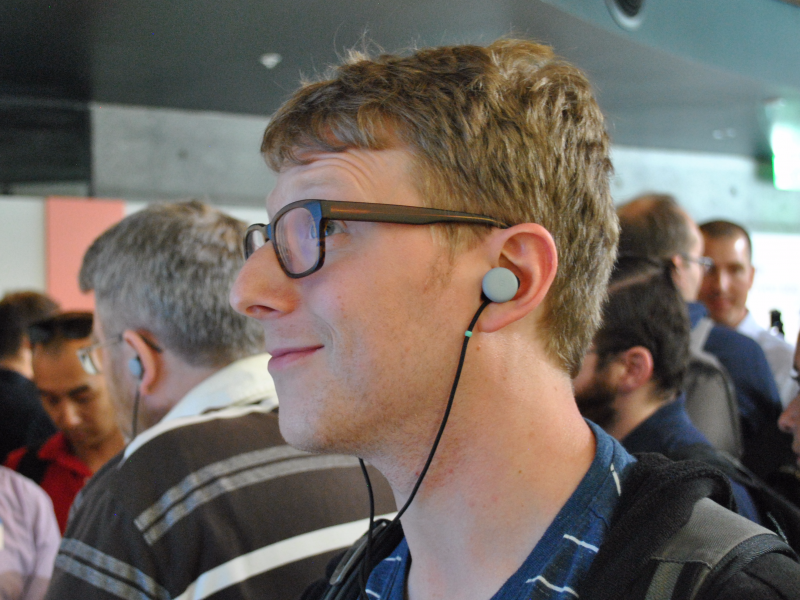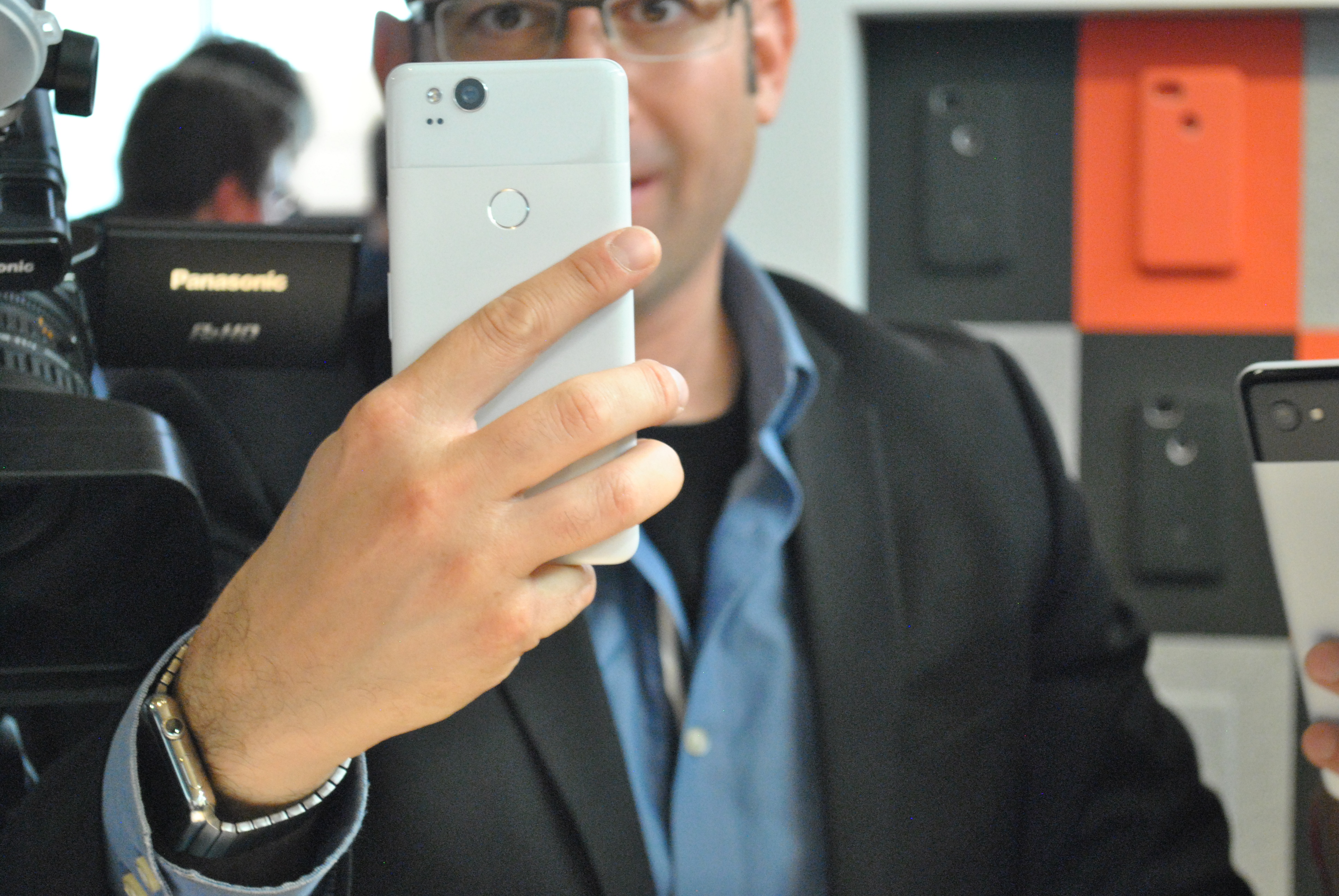Hardware, as they say, is hard. Building something complex like a smartphone is tough enough as it is – selling enough to overcome the lousy profit margins and high costs of manufacturing only makes it harder.
Major companies like Google are not immune to these realities. So when Google launched the first Pixel smartphone last year, it was met with a lot of skepticism. It wasn’t clear how, or if, even Google could compete with the likes of Apple or its partner Samsung, which had essentially squeezed the air out of the high-end market.
And we still don’t know how sales are going. At its big Pixel 2 launch event on Wednesday morning, Google didn’t disclose any sales number, saying only that the original Pixel was a critical hit. Recently, we had unreliable indicators that Google sold only about 1 million original Pixels, a mere fraction of the tens of millions of iPhone 7s that Apple was believed to have sold in just the first quarter.
And yet, if you take nothing else away from Google’s big hardware blitz this week, it should be this: Google is turning its big advantage in artificial intelligence into a hardware advantage that should embarrass Apple with how far ahead some of this stuff is.
You can see it everywhere – Google Photos, the company’s photo-storage service, is way better than Apple’s iCloud, and it’s built into every Pixel phone. Google Assistant, the smart voice assistant at the heart of the Pixel and the Google Home smart speakers, is light-years ahead of Siri.
The best example so far, though, can be found in the Google Pixel Buds, a set of wireless earbuds designed to work with the Google Pixel 2. They're direct competitors to Apple's pioneering AirPods.
Best buds
While Google doesn't win any points for originality, Pixel Buds win on innovation.
Right out of the proverbial box, the Google Pixel Buds will sport a nifty integration with the Google Translate app so you can use it as something like a universal translator. Your speech gets translated into, say, French, and the other person's French gets translated to English - right in your ears. It's nifty and, based on my brief test, seems to work decently well.

This is something that is here, right now, in a device that's shipping in October. Meanwhile, Apple has a world of possibilities in front of it for the AirPods, with the power to turn them into "hearable computers," or at least a killer set of hearing aids. So far, however, this is something Apple has shown little to no interest in, almost a year later.
In other words, Google is putting its considerable edge in artificial intelligence to work by showing all the places where Apple is weak. Beyond the Pixel Buds, Google also showed off features in the Pixel 2 phone like a refreshed Google Lens, which can search your photos for relevant information - if your photo includes the Taj Mahal, it'll tell you.
So no, Google's new Pixel 2 phones won't win any awards for originality. Compared with the specs and designs of new phones like the Samsung Galaxy S8, the iPhone X, or even the Android cofounder Andy Rubin's Essential Phone, those of the Pixel 2 are decidedly unexceptional - though it packs a pretty great camera. Who knows what Pixel 2 sales will look like?
And yet, if you view Wednesday's product announcements as Google showing Apple just how far behind it is in artificial intelligence, it all makes perfect sense. Google's new hardware doesn't make the iPhone look any worse, by direct comparison, but it sure does make Apple itself look as if it's behind the curve.

